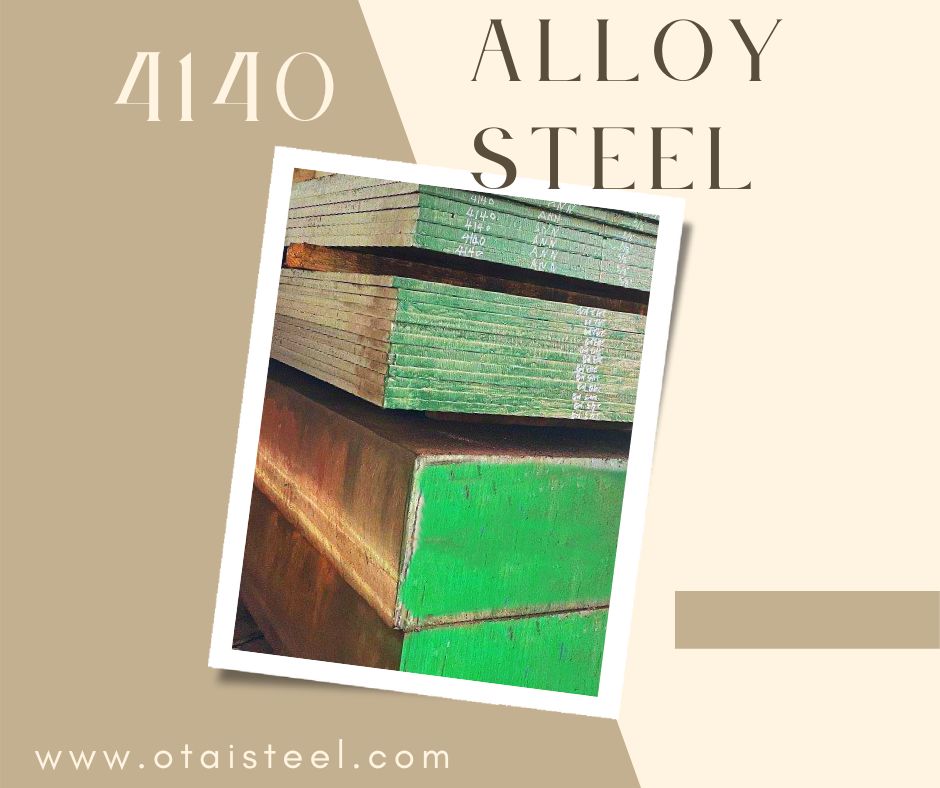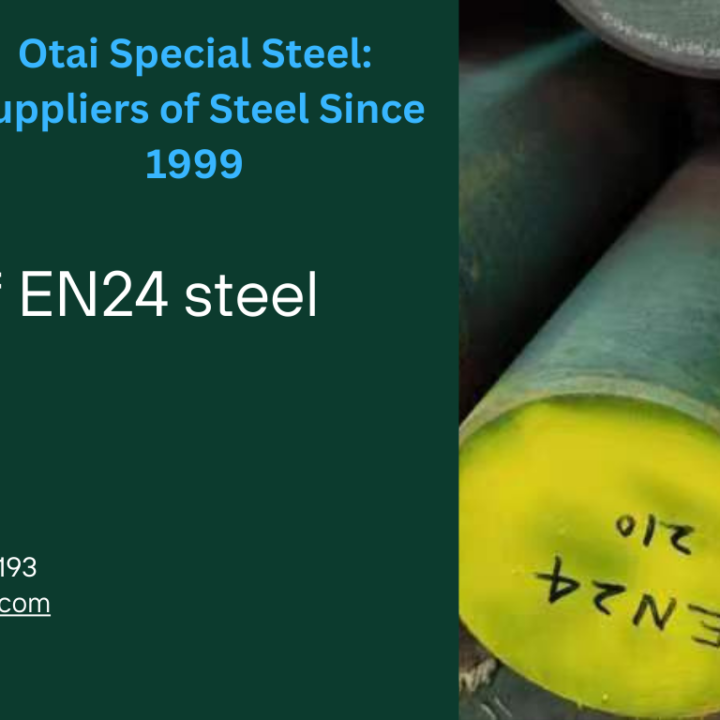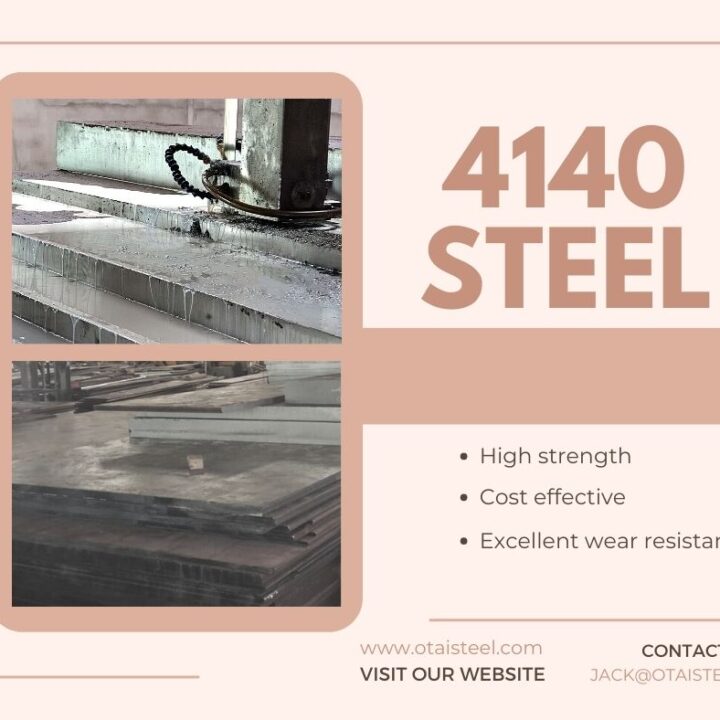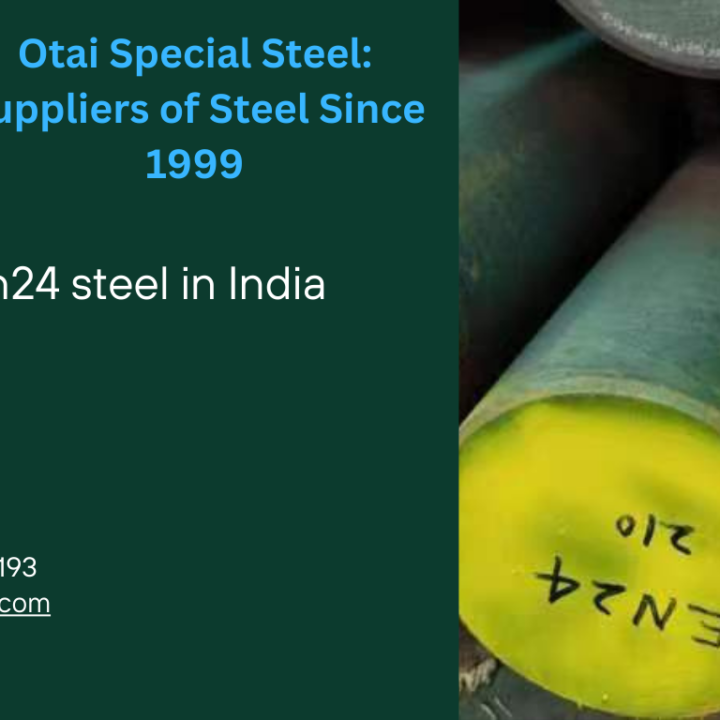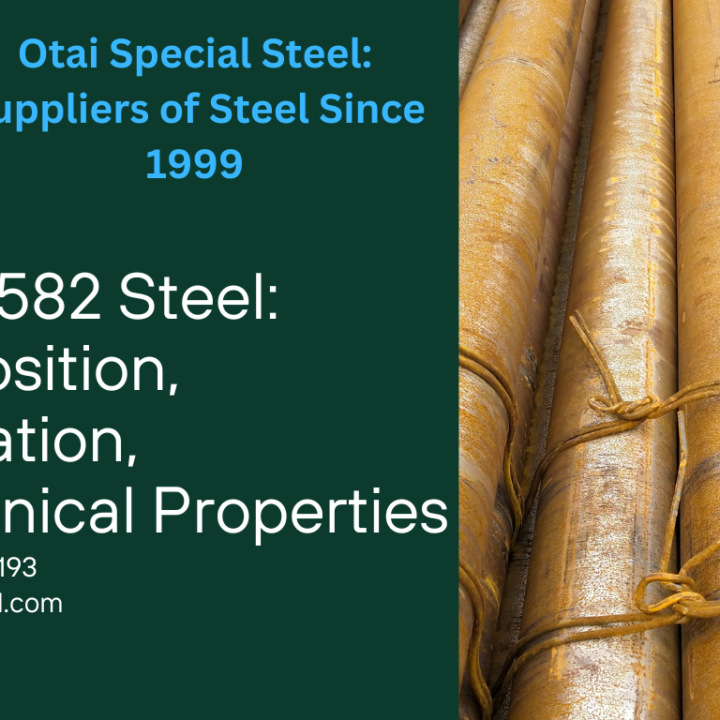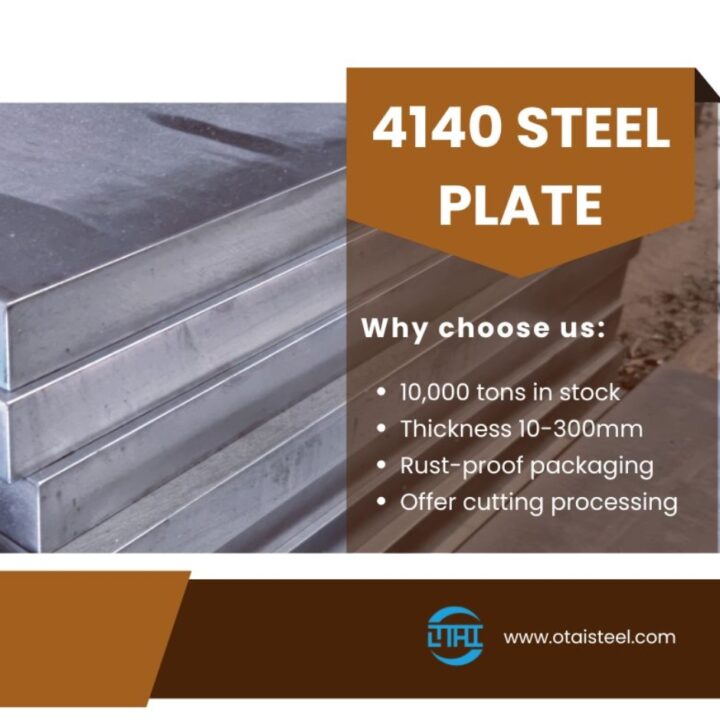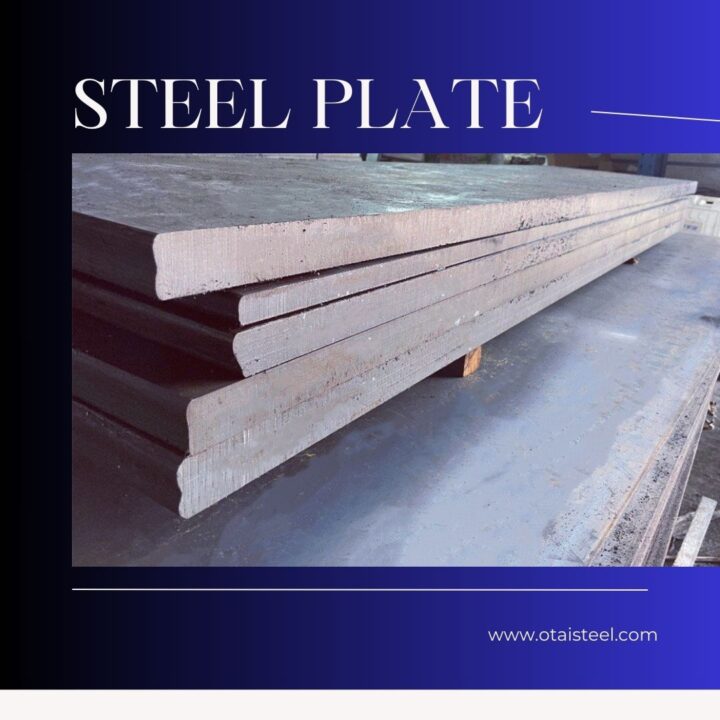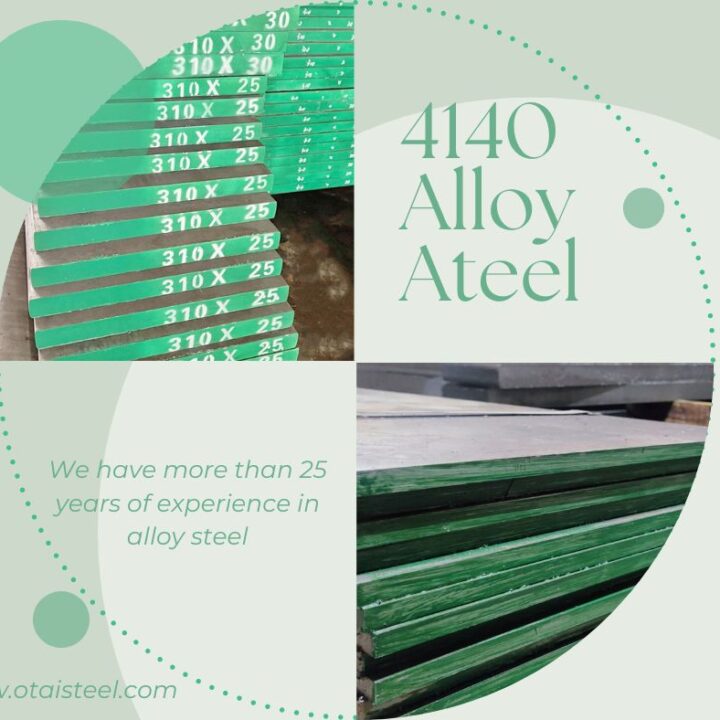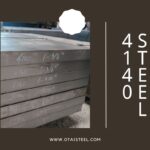Environmental considerations and sustainability aspects of 4140 steel production and usage
Environmental factors and sustainability aspects are becoming increasingly important in the production and use of 4140 steel.
Steel production has significant environmental impacts, including air and water pollution, as well as greenhouse gas emissions. It is therefore crucial to consider the environmental impact of steel production and use.
One of the major environmental problems in the production of 4140 steel is the use of energy and resources.
Steel production requires a lot of energy, which can lead to high carbon emissions that contribute to climate change.
To reduce the environmental impact of steel production, manufacturers can adopt sustainable practices, such as using renewable energy and recycling scrap steel.
Another key sustainability aspect of 4140 steel production is the responsible use of resources.
Raw materials such as iron ore and coal are finite resources that must be used responsibly to ensure their availability for future generations.
In addition to the production process, the use of 4140 steel in various applications can also have environmental considerations. For example, steel may be used to produce heavy machinery. Which has a significant impact on the environment because of its size and emissions.
To reduce the environmental impact of 4140 steel use, manufacturers can adopt sustainable design practices. Examples include the use of lightweight materials and energy-efficient designs.
In addition, 4140 steel can be recycled at the end of its useful life, reducing the need for new steel production and saving resources.
Environmental considerations and sustainability aspects are critical to the production and use of 4140 steel. By adopting sustainable practices in steel production and use. We can reduce our impact on the environment and ensure the responsible use of resources. (4140 steel production and usage)
